We may earn money or products from the companies mentioned in this post. This means if you click on the link and purchase the item, I will receive a small commission at no extra cost to you ... you're just helping re-supply our family's travel fund.

In towns across America, Black culinary heritage shapes the flavors you taste and the stories you hear. These places do more than serve unforgettable meals – they preserve generations of recipes, honor cultural resilience, and celebrate the community’s role in American food history. From thriving markets to family-owned diners, you’ll find menus rooted in the same traditions that have nourished neighborhoods for decades.
1. Charleston, South Carolina

At Charleston’s heart is a Gullah Geechee culinary legacy that defines Lowcountry cooking. You’ll taste richesse in shrimp and grits, crab rice, and okra stew, each steeped in African traditions adapted over centuries. Restaurants like Bertha’s Kitchen and Hannibal’s Kitchen serve these foods with a sense of place you won’t find elsewhere. The city also embraces seasonal seafood festivals and tours that connect you to the region’s deep agricultural ties. Every plate here is layered with flavor and history, making Charleston a living classroom for Southern foodways.
2. New Orleans, Louisiana
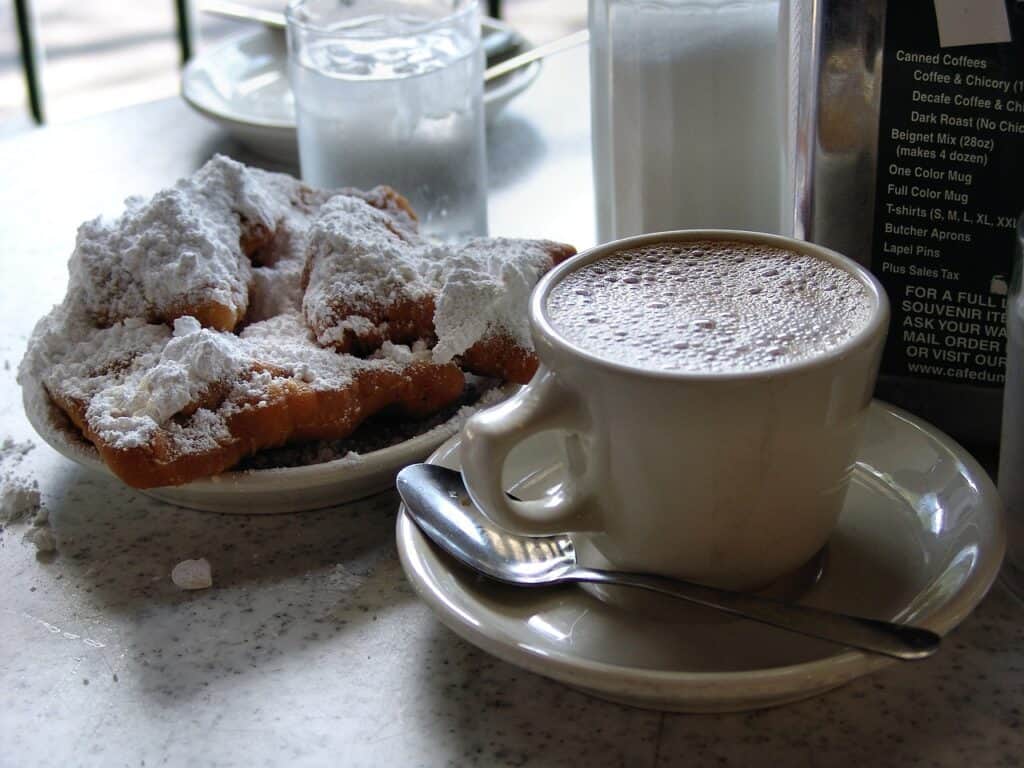
New Orleans’ food scene blends African, Caribbean, and French influences with signature Black American creativity. Gumbo, red beans and rice, and pralines each tell a story of survival and celebration. Historic spots like Willie Mae’s Scotch House remind you that fried chicken can be an art form. The city’s music and food intersect – a jazz brunch feels like a local rite of passage. Street vendors and family-run places carry on recipes unchanged for generations. You leave New Orleans tasting both the past and the present in a single bite.
3. Savannah, Georgia
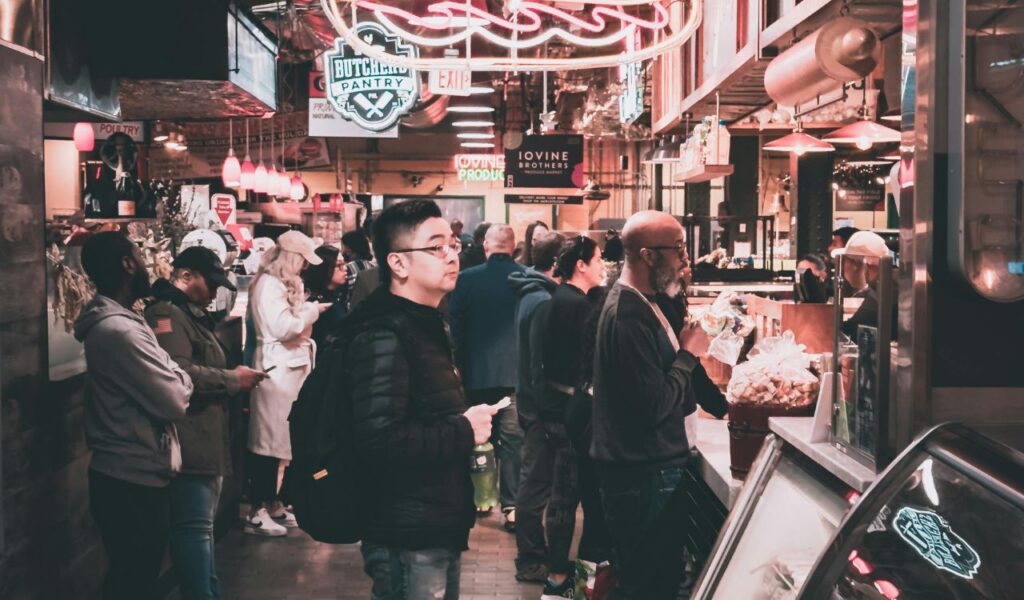
Savannah’s Black culinary traditions shine in dishes like she-crab soup, collard greens cooked with smoked meats, and benne wafers. African heritage is woven through its food markets, many run by families for decades. The local dining scene celebrates slow cooking and communal meals, often served in historic settings. Institutions like Sisters of the New South keep the flavors accessible while honoring seasonality. Stroll through the city and you’ll notice how food here acts as memory, tying neighbors together through shared kitchens.
4. Memphis, Tennessee
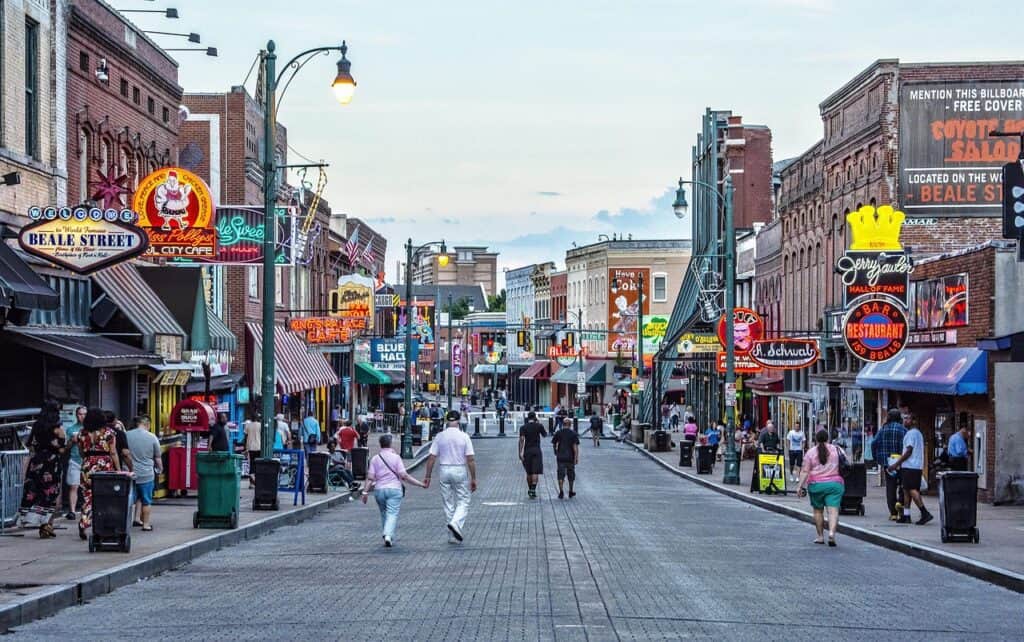
Barbecue is a cultural landmark in Memphis, and Black pitmasters have defined its taste profile for generations. Slow-smoked ribs, pulled pork, and dry rub seasoning are staples at joints like Cozy Corner and Payne’s Bar-B-Q. The craft came from family traditions honed over smoky pits, often using wood from regional sources. Soul food cafes add their own layer of culinary history with fried catfish, greens, and cornbread. When you eat here, you’re partaking in a living archive of community resilience and mastery.
5. Houston, Texas

Houston’s diverse Black culinary scene reflects migration patterns, blending Southern soul food with Gulf Coast seafood and Creole spice. Spots such as the Breakfast Klub anchor the city’s breakfast culture with wings and waffles. Food trucks deliver oxtails and étouffée on busy corners, keeping heritage portable. Community events like Juneteenth celebrations center food as the heart of gathering. Houston’s kitchens tell migratory stories that are both local and layered with far-reaching influence.
6. Baltimore, Maryland
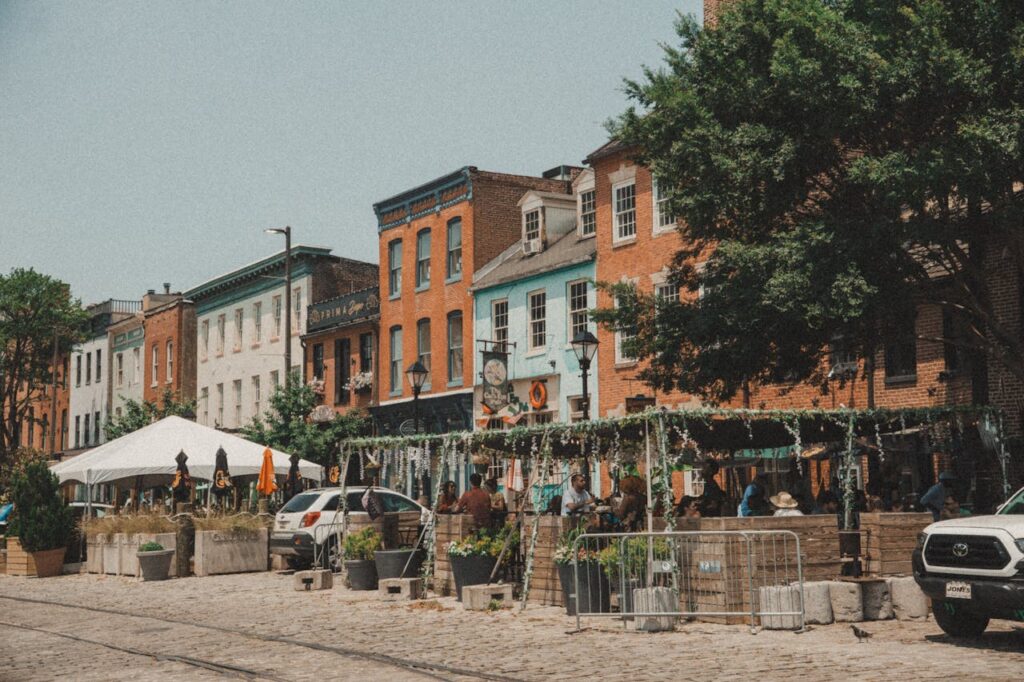
Baltimore’s Black food culture finds expression in seafood-heavy menus, shaped by the Chesapeake Bay’s bounty. Crab cakes, fish fry platters, and half-smokes at corner grills echo generations of coastal cooking. Soul food institutions like Connie’s Chicken and Waffles represent urban hospitality at its finest. The city also keeps alive traditions like pit beef and old-style candy shops. Eating here means navigating a map of flavors where every bite is both deeply local and warmly familiar.
7. Detroit, Michigan
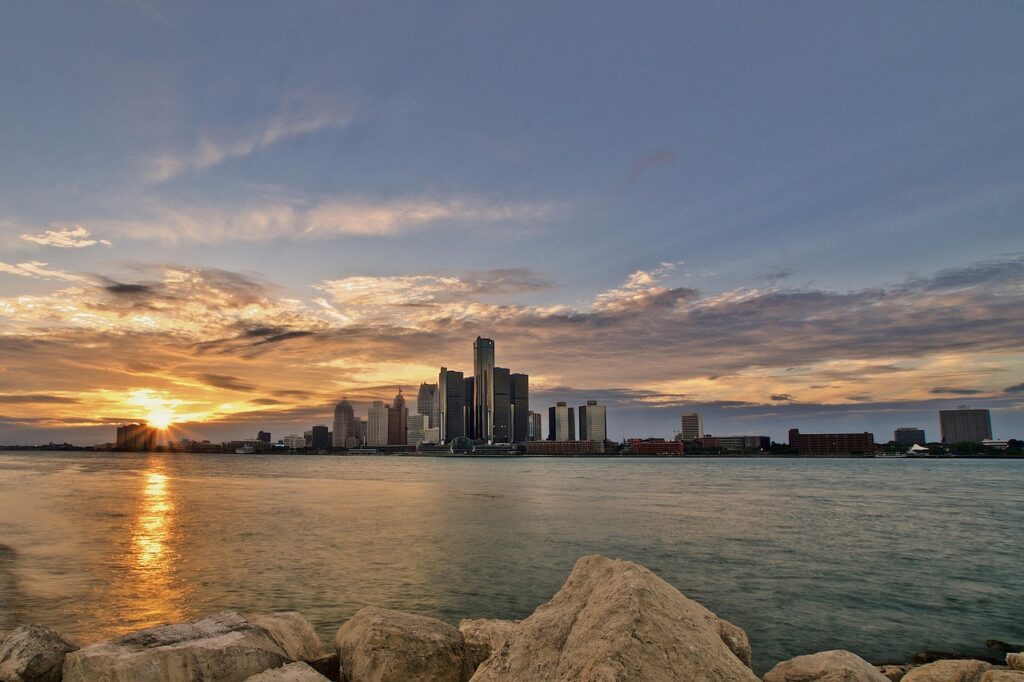
Detroit blends Midwest comfort with Southern soul food brought by Black families during the Great Migration. Catfish, black-eyed peas, and peach cobbler anchor menus in long-running diners and church kitchens. The city’s barbecue huts and fried chicken joints hold fast to recipes passed down through family lines. Detroit’s food history is as much about survival and entrepreneurship as taste, with local farmers markets supplying key ingredients. You’ll leave knowing exactly why these flavors remain celebrated.
8. Birmingham, Alabama
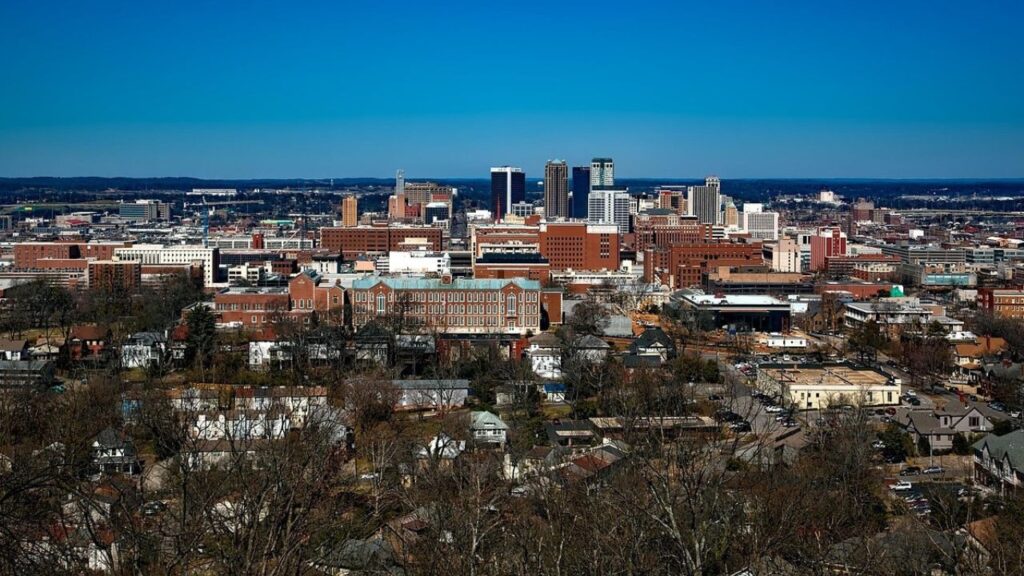
Birmingham’s food scene balances classic soul dishes with a growing appreciation for farm-to-table sourcing. Fried green tomatoes, chicken and dressing, and pecan pie are staples at community kitchens. Black chefs here shape menus by pulling from family recipes while embracing modern plating. The city’s history as a civil rights hub adds depth to the dining experience. Festivals and cooking competitions highlight the people keeping Birmingham’s food culture vibrant, connected, and rooted in place.
9. Kansas City, Missouri

Kansas City’s barbecue tradition owes much to Black pitmasters whose rubs, sauces, and smoking methods made the city famous. Burnt ends, brisket, and tender ribs are key offerings at institutions like Gates Bar-B-Q. Jazz clubs historically doubled as late-night eateries, weaving music and food into one cultural thread. Soul food diners extend the menu into greens, beans, and cornbread. Every bite here draws from a century-long story of flavor craftsmanship.
10. Oakland, California

Oakland’s Black food history reflects coastal migration and a fusion of soul food with California fresh produce. Fried chicken, gumbo, and yams stand beside avocado toast in creative menus. Institutions like Manna Gallery Café showcase art and cuisine side by side. Farmers markets carry produce grown by local Black farmers, connecting food to the land. Oakland’s culinary scene thrives on cultural exchange, never losing sight of the roots that feed it.
11. Atlanta, Georgia

Atlanta’s role as a Black cultural capital extends naturally into its food scene. From lemon pepper wings to fried fish, the city’s flavors are bold and communal. Spots like Busy Bee Café keep menus deeply traditional, while newer chefs experiment with fusions. Food festivals, church potlucks, and urban farms keep heritage visible year-round. Eating in Atlanta feels like joining a family table, no matter where you’re from.
12. Washington, D.C.

Washington’s Black culinary traditions are anchored in half-smokes, fried whiting sandwiches, and rich stews. Institutions like Ben’s Chili Bowl are both cultural and historical landmarks. Markets such as Eastern Market have long supported local Black vendors. The city’s dining scene often intersects with political history, where meals have fueled conversations that shaped change. D.C.’s kitchens balance home cooking warmth with the city’s global access, making each dish part of a bigger narrative.